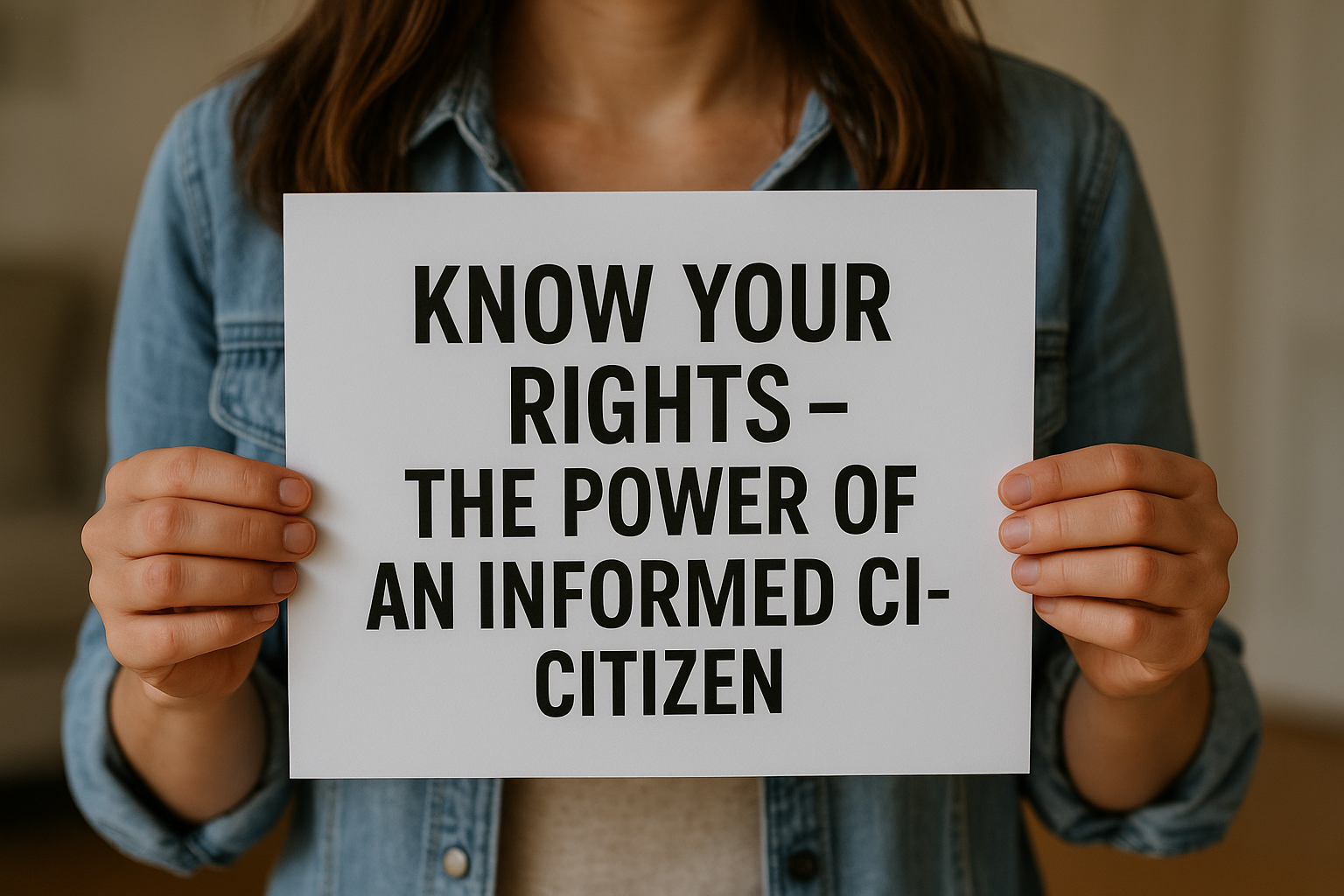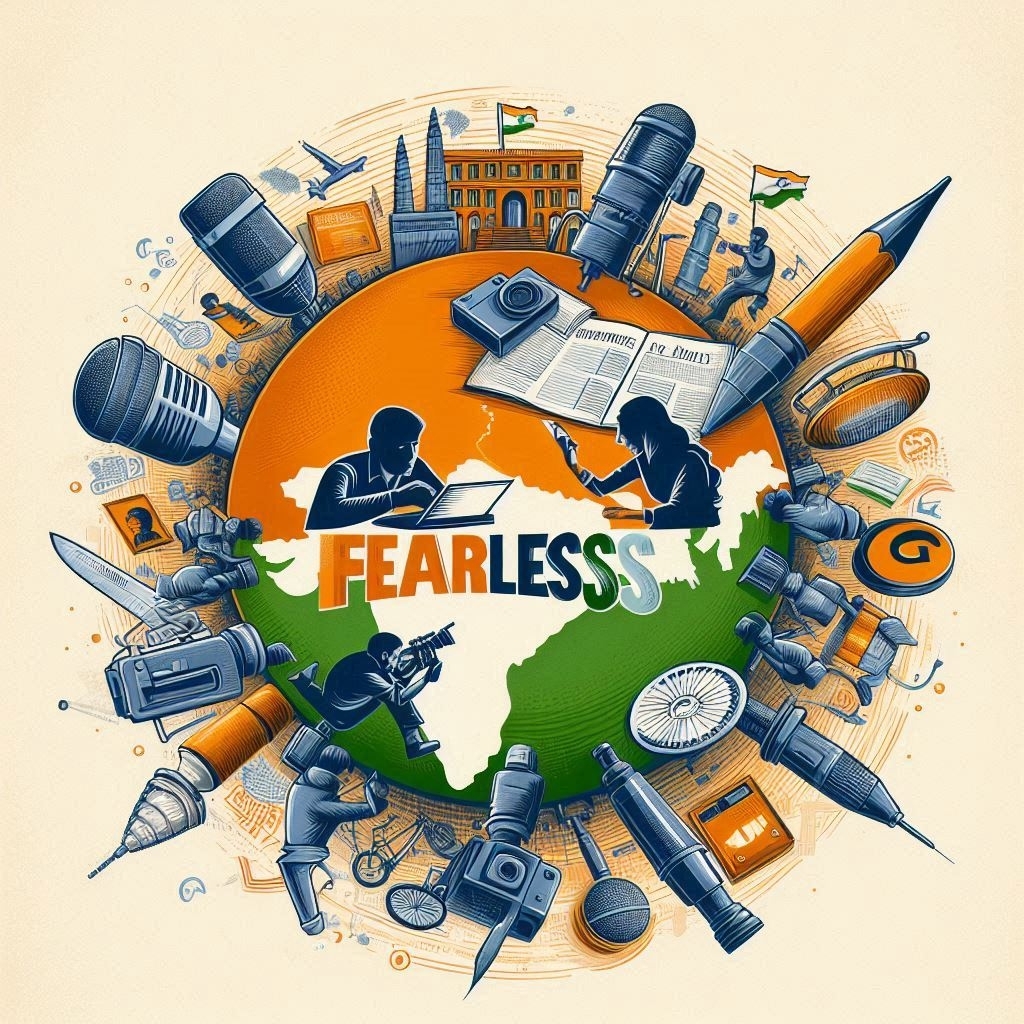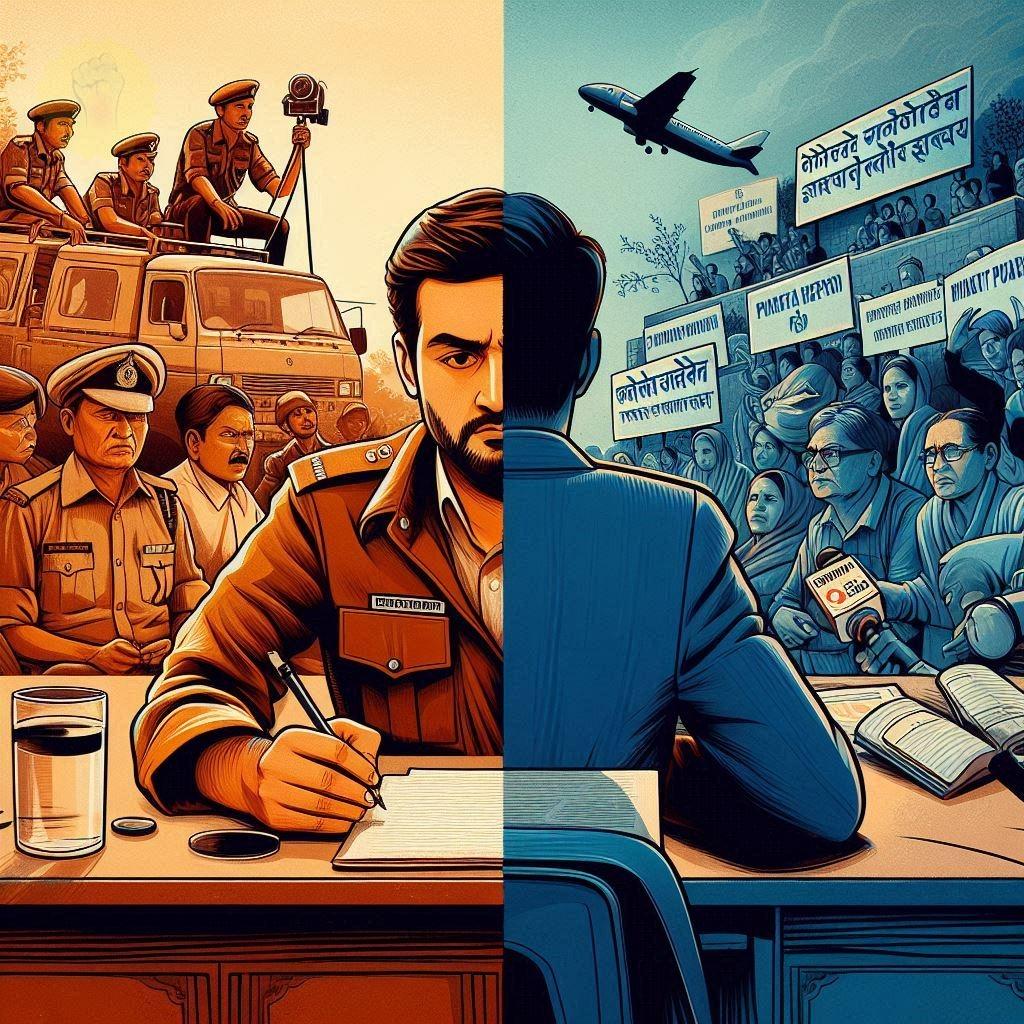Mental Health and Self-Care for Journalists
Managing Stress in the Field!
Journalism can be an incredibly demanding profession, particularly for reporters who cover conflict zones, traumatic events, or sensitive issues. The mental health challenges faced in these situations can be overwhelming, and it's essential to address them proactively.
• Recognizing Mental Health Challenges: Journalists often encounter distressing situations that can lead to stress, anxiety, and even post-traumatic stress disorder (PTSD). Understanding the signs of mental health struggles—such as persistent feelings of sadness, irritability, or difficulty concentrating—is the first step in addressing these issues.
• Self-Care Tips:
o Take Breaks: It’s important to take regular breaks during work, especially after covering difficult stories. Allowing yourself time to decompress can help manage stress levels.
o Practice Mindfulness: Engaging in mindfulness techniques such as meditation or deep breathing exercises can help center your thoughts and reduce anxiety.
o Talk About It: Sharing your experiences with trusted colleagues or friends can alleviate feelings of isolation. Sometimes, just talking about what you’ve witnessed can be cathartic.
o Seek Professional Help: If feelings of distress persist, seeking support from a mental health professional is crucial. Therapy can provide valuable tools and coping strategies for dealing with the emotional toll of the job.
Work-Life Balance for Reporters
Maintaining a healthy work-life balance is vital for reporters to prevent burnout and ensure long-term success in their careers. The fast-paced nature of journalism can lead to long hours and overwhelming workloads, making it essential to prioritize personal well-being.
• Importance of Balance: A healthy work-life balance allows journalists to recharge, which ultimately enhances their productivity and creativity. When reporters take time for themselves, they return to their work with fresh perspectives and renewed energy.
• Strategies for Achieving Balance:
o Set Boundaries: Clearly define your work hours and stick to them. This can help create a separation between work and personal life.
o Make Time for Hobbies: Engaging in activities you enjoy outside of work—whether it's reading, exercising, or spending time with loved ones—can greatly improve your mental health.
o Prioritize Sleep: Adequate rest is crucial for mental clarity and emotional resilience. Make sleep a priority to maintain your overall well-being.
o Schedule Downtime: Just as you would schedule a meeting or an interview, schedule time for yourself. Whether it’s a walk in nature, a coffee break, or a day off, make sure to give yourself permission to step back and relax.
By prioritizing mental health and self-care, journalists can navigate the challenges of their profession more effectively. Fostering a culture that encourages openness about mental health struggles, as well as promoting strategies for self-care, will empower reporters to thrive in their careers while also taking care of themselves. Ultimately, a healthy, balanced reporter is not only better equipped to handle the demands of the job but is also more capable of delivering impactful stories that resonate with audiences
#Bharat Aawaz
Mental Health and Self-Care for Journalists
Managing Stress in the Field!
Journalism can be an incredibly demanding profession, particularly for reporters who cover conflict zones, traumatic events, or sensitive issues. The mental health challenges faced in these situations can be overwhelming, and it's essential to address them proactively.
• Recognizing Mental Health Challenges: Journalists often encounter distressing situations that can lead to stress, anxiety, and even post-traumatic stress disorder (PTSD). Understanding the signs of mental health struggles—such as persistent feelings of sadness, irritability, or difficulty concentrating—is the first step in addressing these issues.
• Self-Care Tips:
o Take Breaks: It’s important to take regular breaks during work, especially after covering difficult stories. Allowing yourself time to decompress can help manage stress levels.
o Practice Mindfulness: Engaging in mindfulness techniques such as meditation or deep breathing exercises can help center your thoughts and reduce anxiety.
o Talk About It: Sharing your experiences with trusted colleagues or friends can alleviate feelings of isolation. Sometimes, just talking about what you’ve witnessed can be cathartic.
o Seek Professional Help: If feelings of distress persist, seeking support from a mental health professional is crucial. Therapy can provide valuable tools and coping strategies for dealing with the emotional toll of the job.
Work-Life Balance for Reporters
Maintaining a healthy work-life balance is vital for reporters to prevent burnout and ensure long-term success in their careers. The fast-paced nature of journalism can lead to long hours and overwhelming workloads, making it essential to prioritize personal well-being.
• Importance of Balance: A healthy work-life balance allows journalists to recharge, which ultimately enhances their productivity and creativity. When reporters take time for themselves, they return to their work with fresh perspectives and renewed energy.
• Strategies for Achieving Balance:
o Set Boundaries: Clearly define your work hours and stick to them. This can help create a separation between work and personal life.
o Make Time for Hobbies: Engaging in activities you enjoy outside of work—whether it's reading, exercising, or spending time with loved ones—can greatly improve your mental health.
o Prioritize Sleep: Adequate rest is crucial for mental clarity and emotional resilience. Make sleep a priority to maintain your overall well-being.
o Schedule Downtime: Just as you would schedule a meeting or an interview, schedule time for yourself. Whether it’s a walk in nature, a coffee break, or a day off, make sure to give yourself permission to step back and relax.
By prioritizing mental health and self-care, journalists can navigate the challenges of their profession more effectively. Fostering a culture that encourages openness about mental health struggles, as well as promoting strategies for self-care, will empower reporters to thrive in their careers while also taking care of themselves. Ultimately, a healthy, balanced reporter is not only better equipped to handle the demands of the job but is also more capable of delivering impactful stories that resonate with audiences
#Bharat Aawaz












